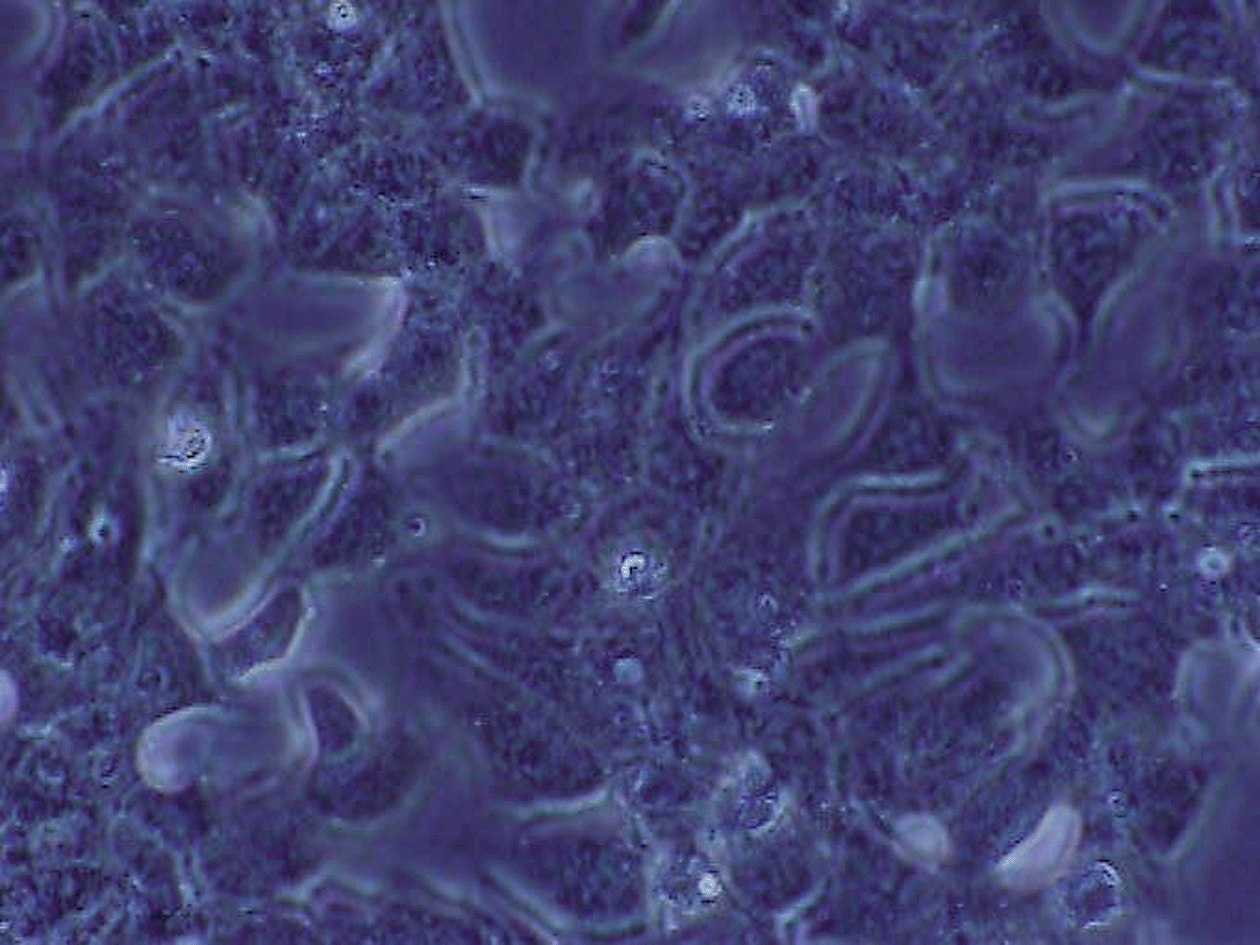It is well known that maintaining a healthy and active lifestyle is important for weight management and controlling obesity. However, obesity and related diseases such as type-2 diabetes are reaching epidemic proportions – trebling in Europe over the past 20 years. There are drug-based treatments available to control obesity and appetite, but these are often associated with adverse side-effects. Therefore the possibility to develop functional foods which are both nutritionally beneficial and also aid weight management is highly desirable.
Peptides produced by enteroendocrine cells in the gastrointestinal tract have been shown to be important bioactive ingredients in functional foods because they regulate feed intake and satiety. In this Food & Function review by Linda Giblin and co-workers from Ireland, the interaction of functional foods with these cells are discussed in the context of developing foods with positive health benefits for obesity. The abilty of food components to modulate hormonal signals from gastrointestinal enteroendocrine cells are covered, including areas such as satiety signalling, incretin signalling and mechanisms of nutrient sensing.
To find out more, read the article for free until 2nd October by clicking the link below:
The effects of food components on hormonal signalling in gastrointestinal enteroendocrine cells, Christine M. Bruen, Fiona O’Halloran, Kevin D. Cashman and Linda Giblin, Food Funct., 2012, DOI: 10.1039/C2FO30086A
You can keep up to date with the latest developments from Food & Function by signing up for free table of contents alerts and monthly e-newsletters.











